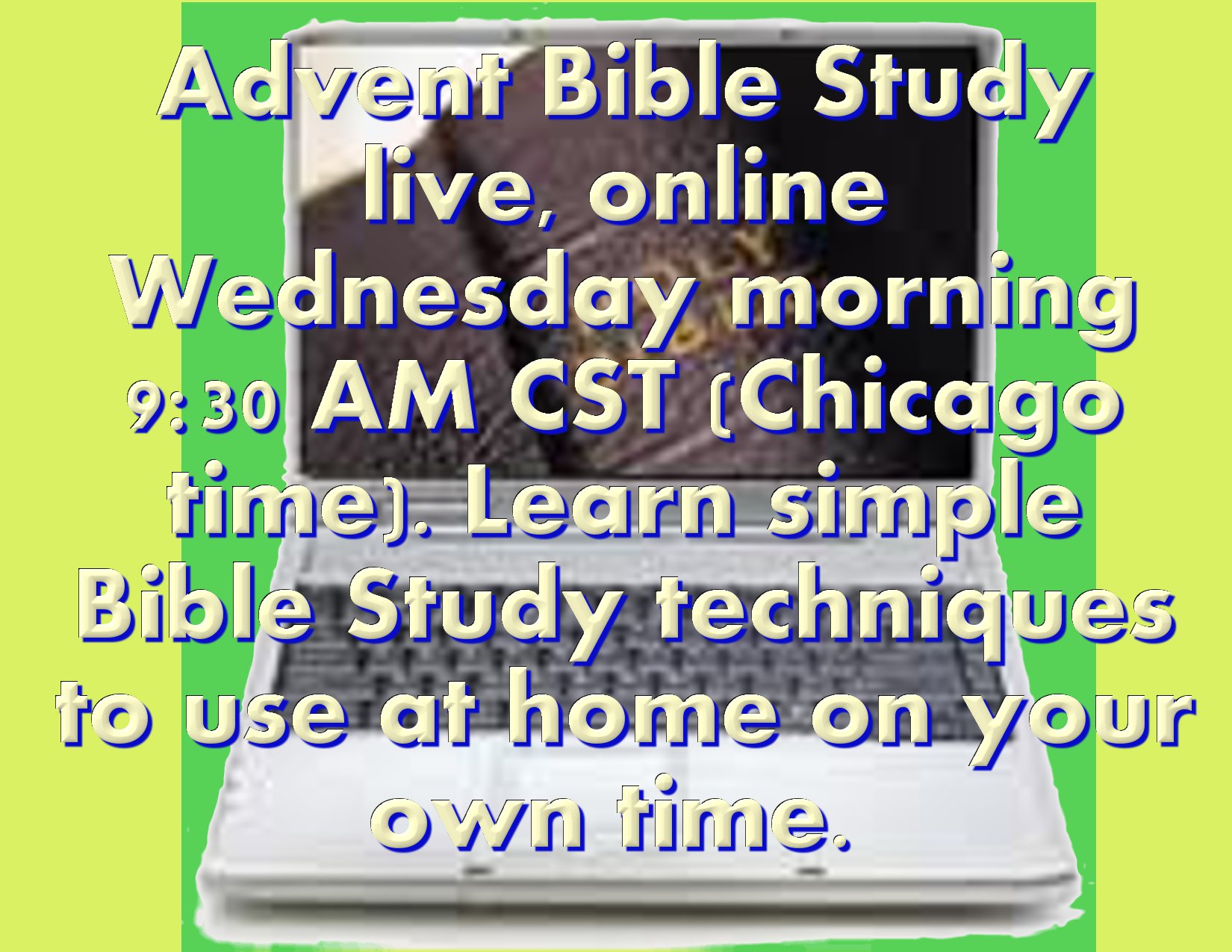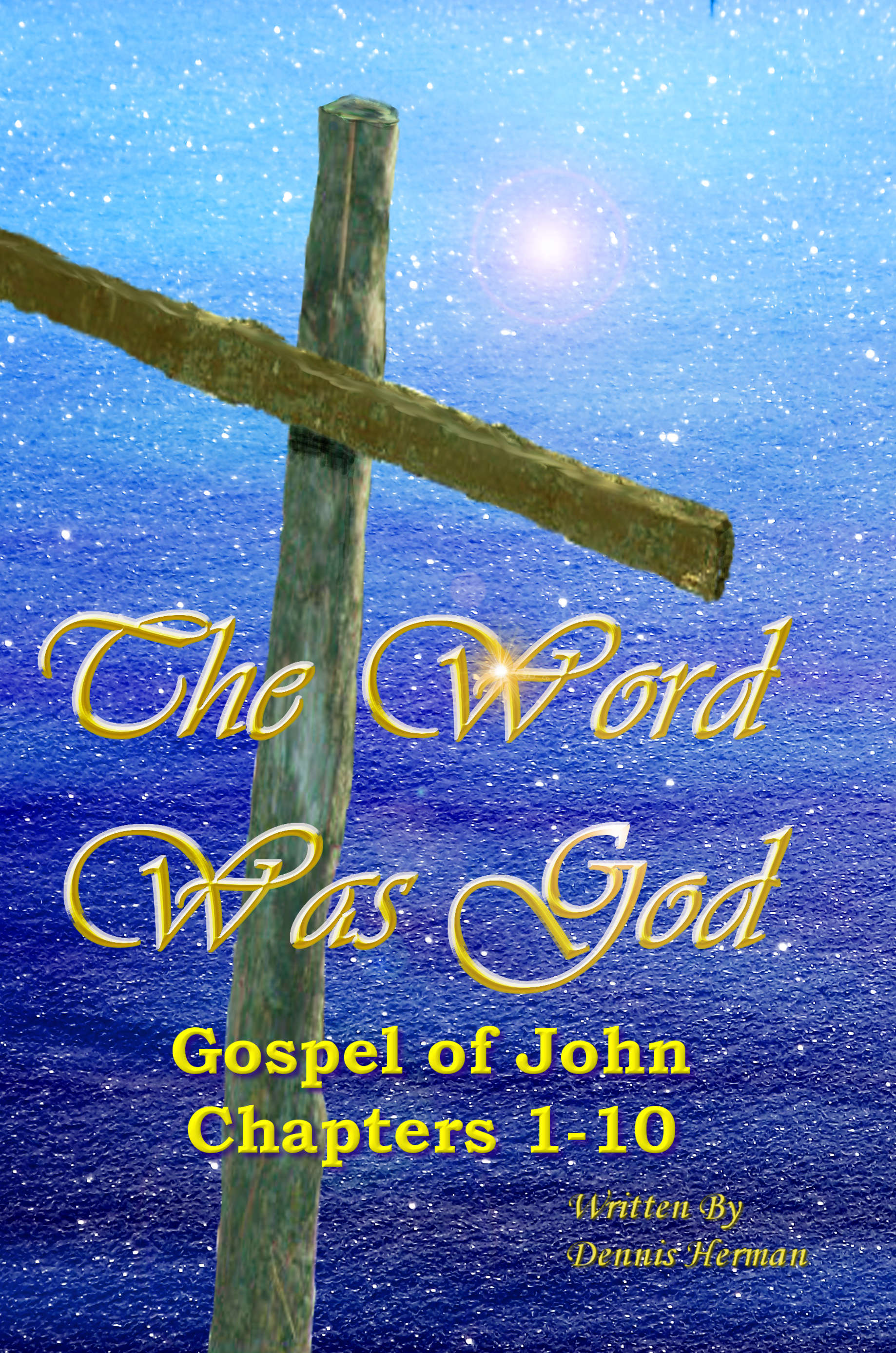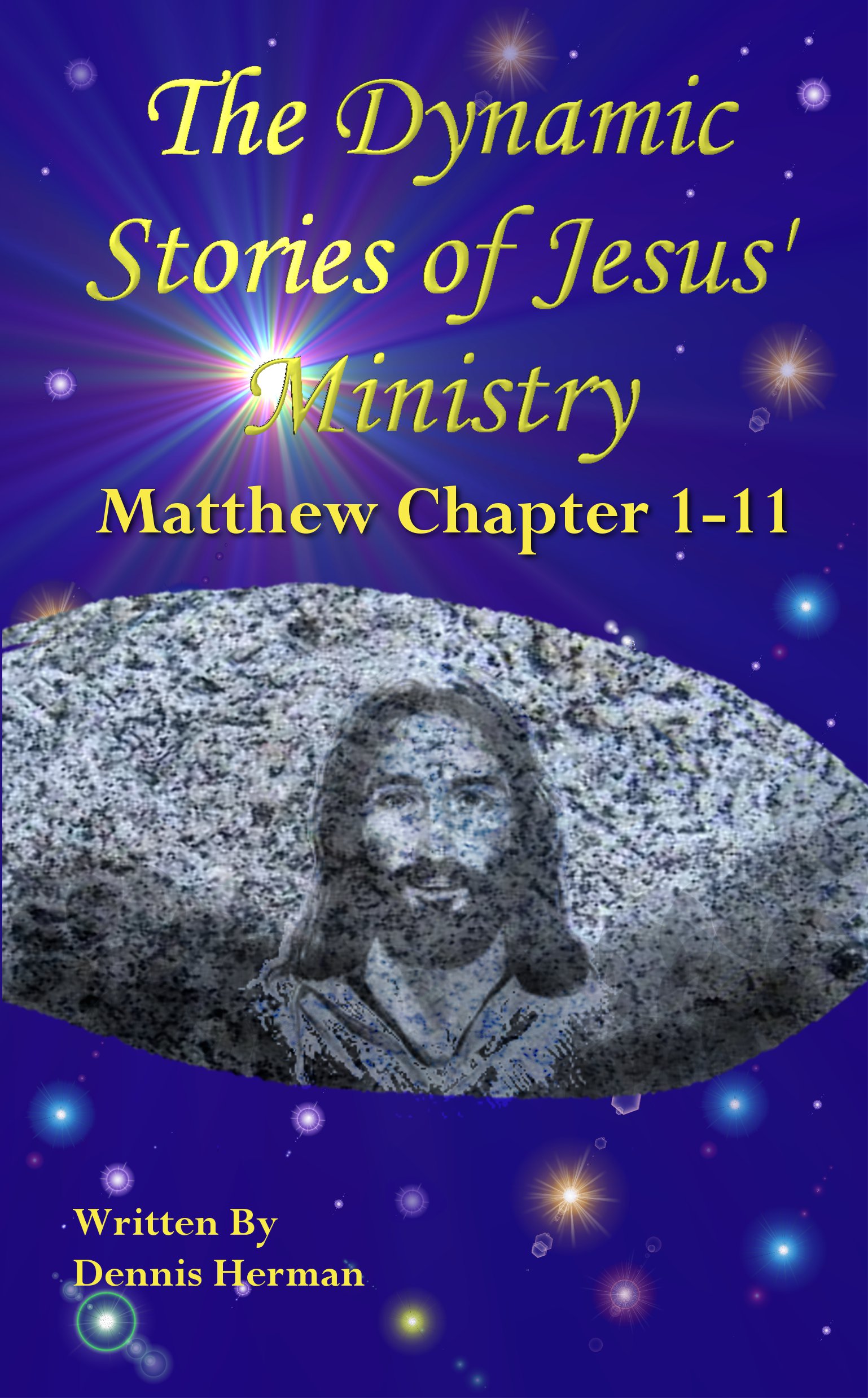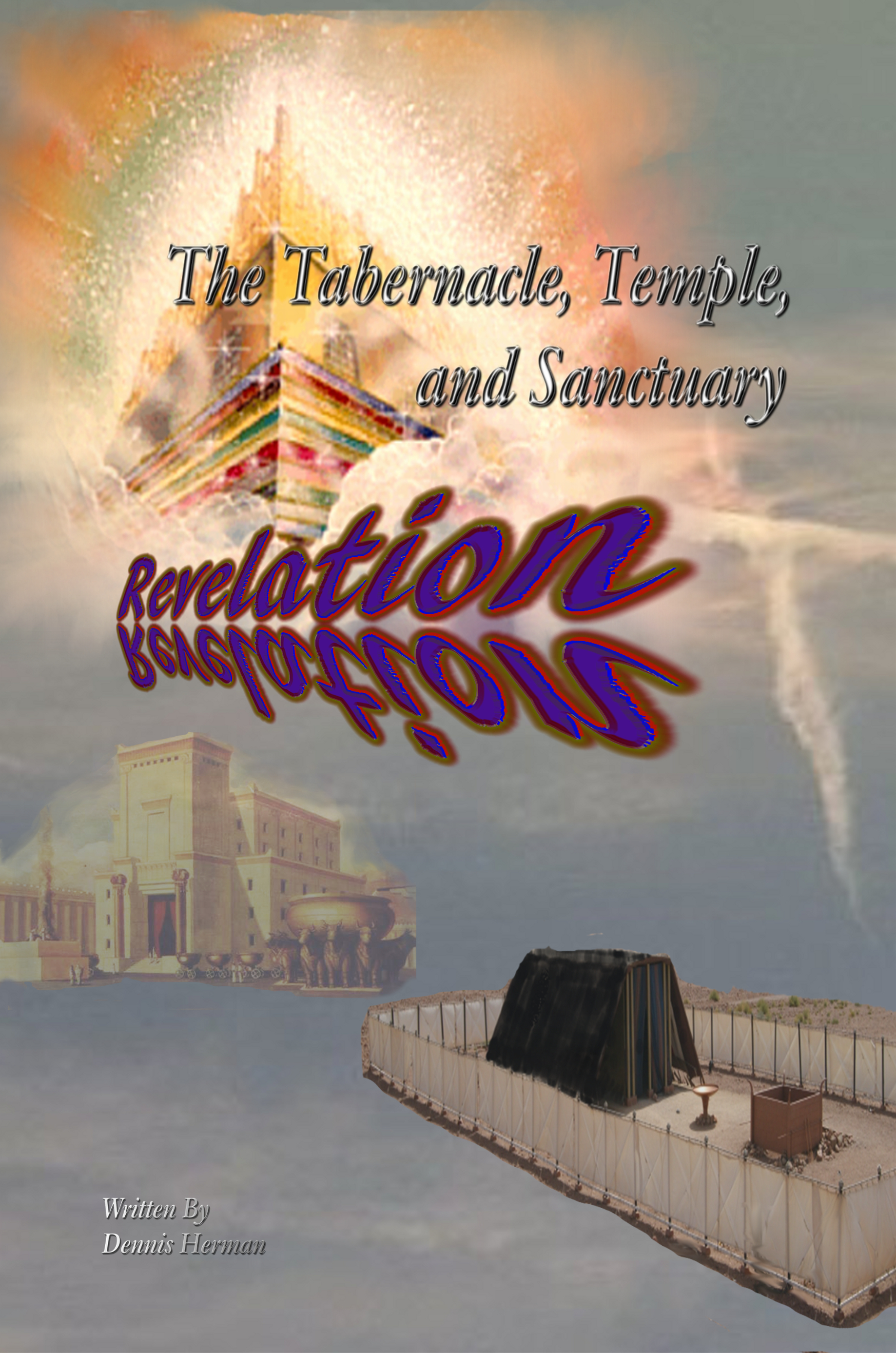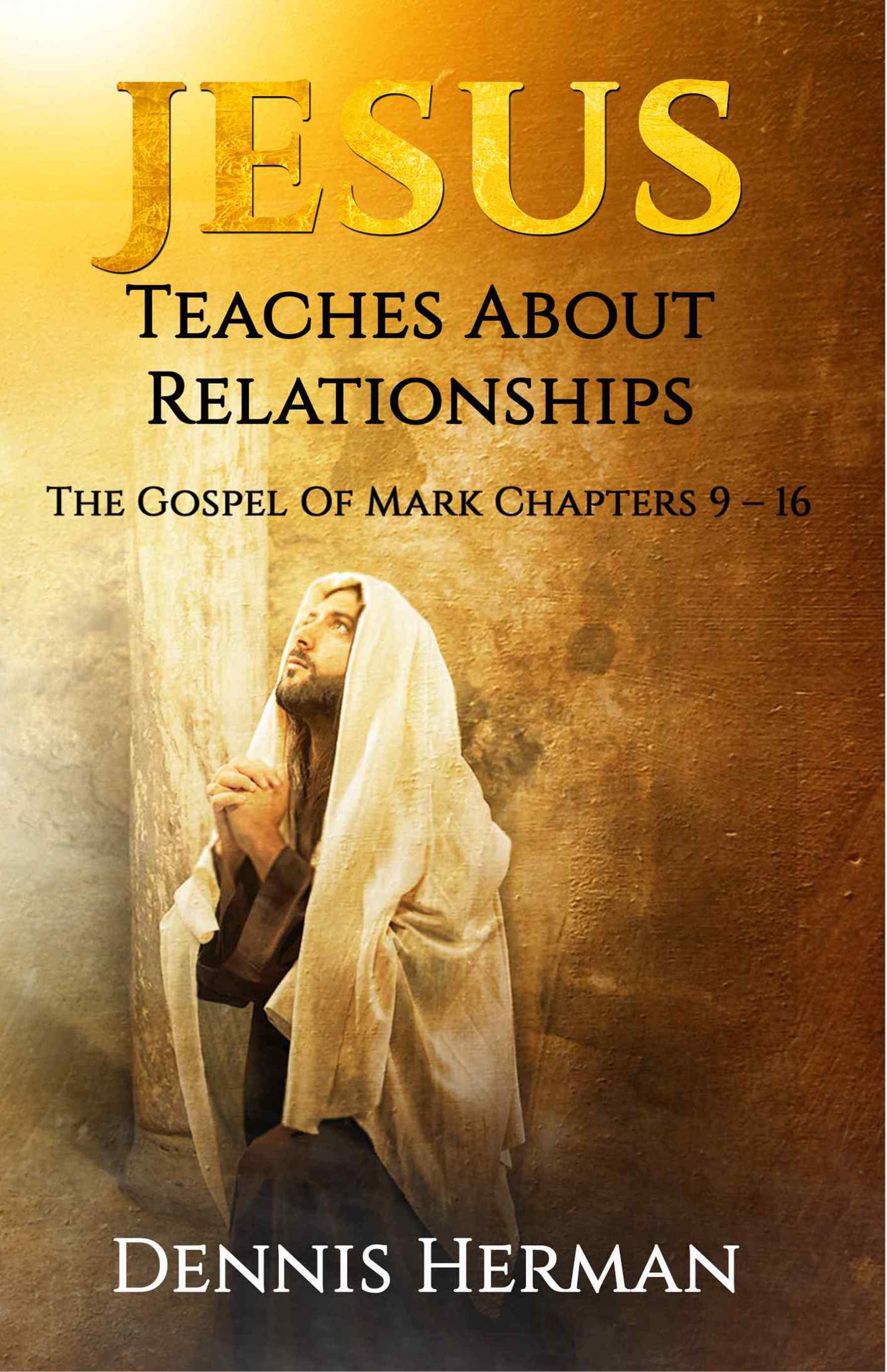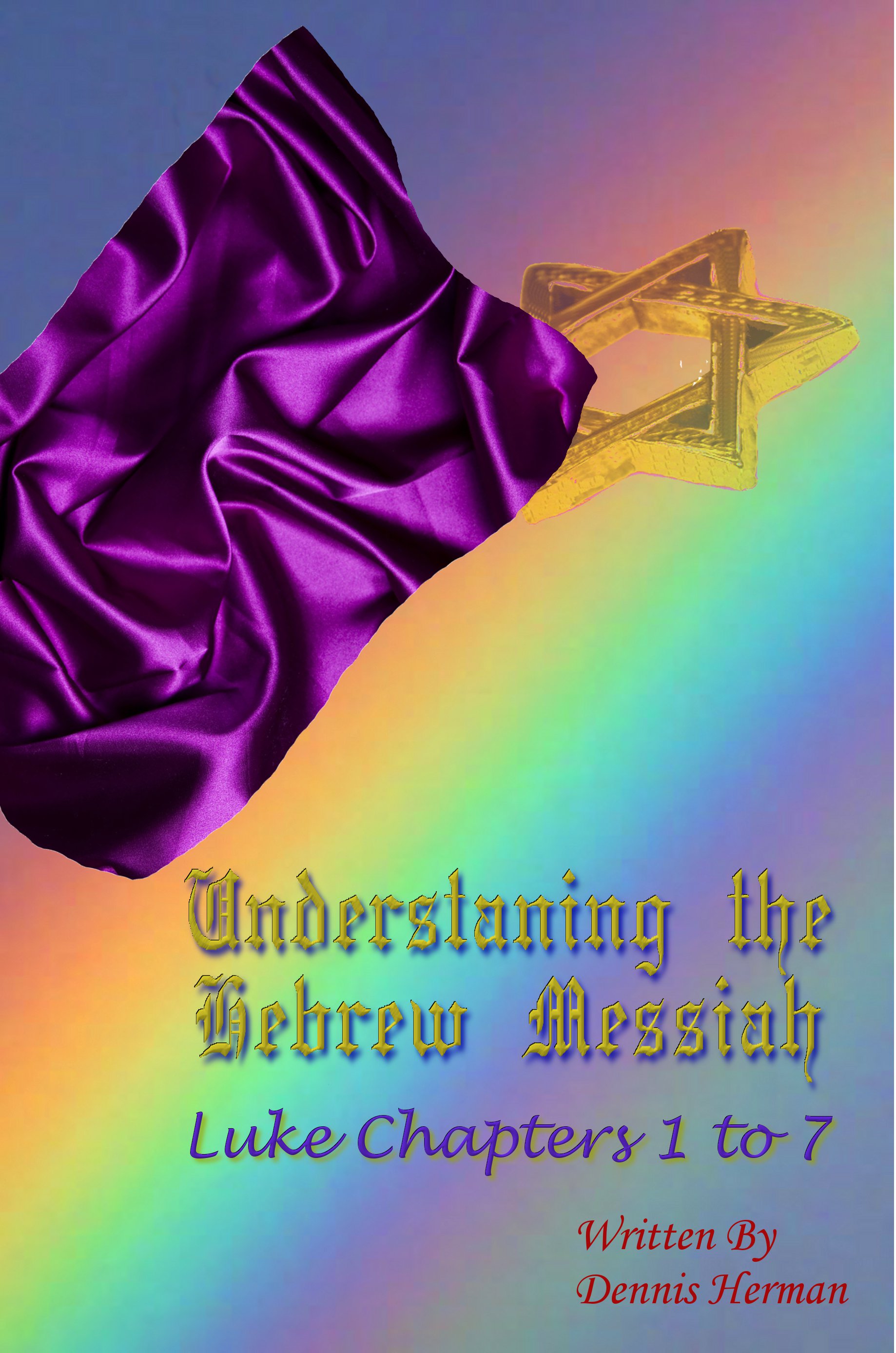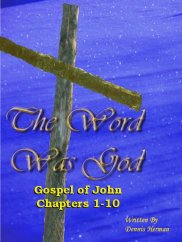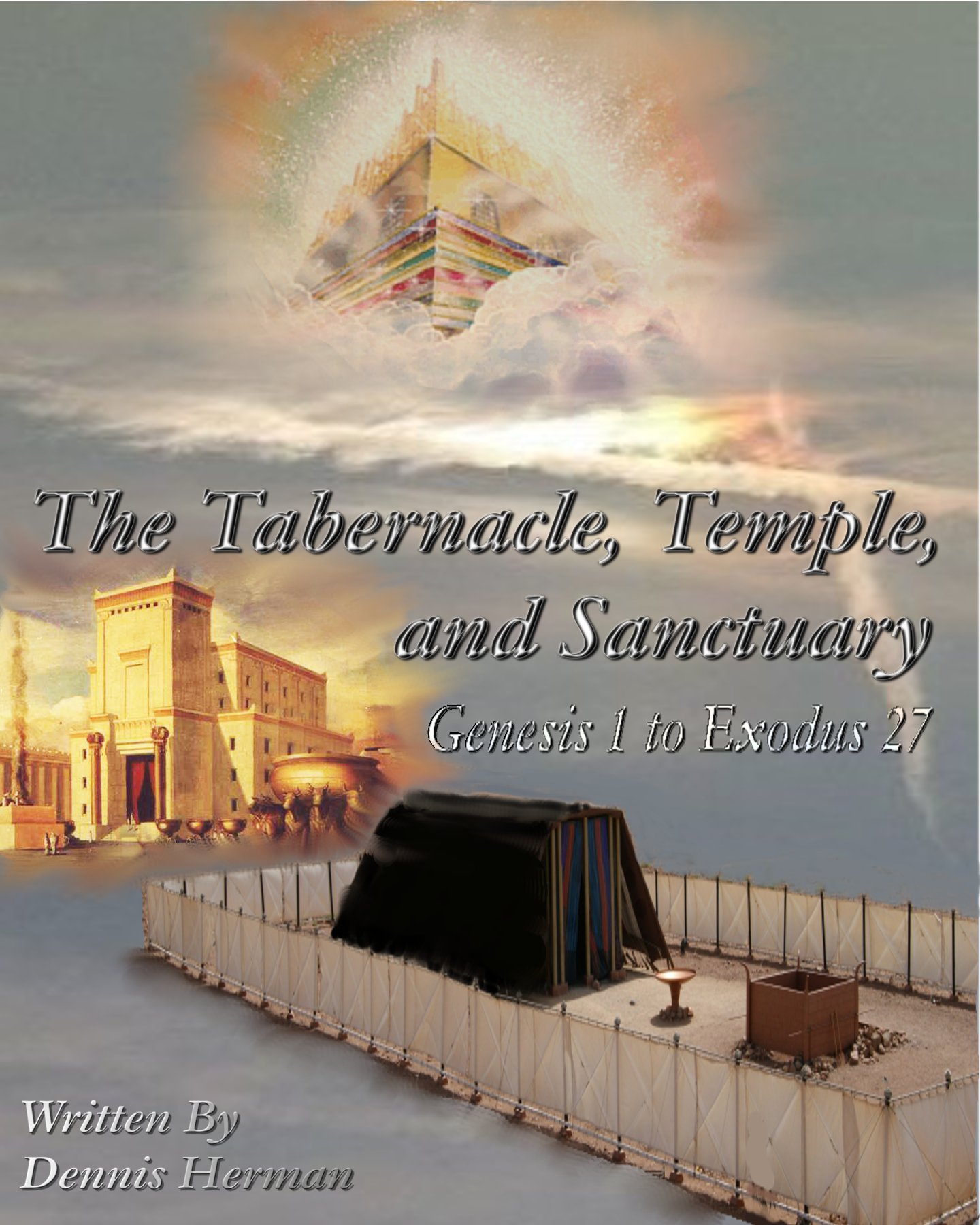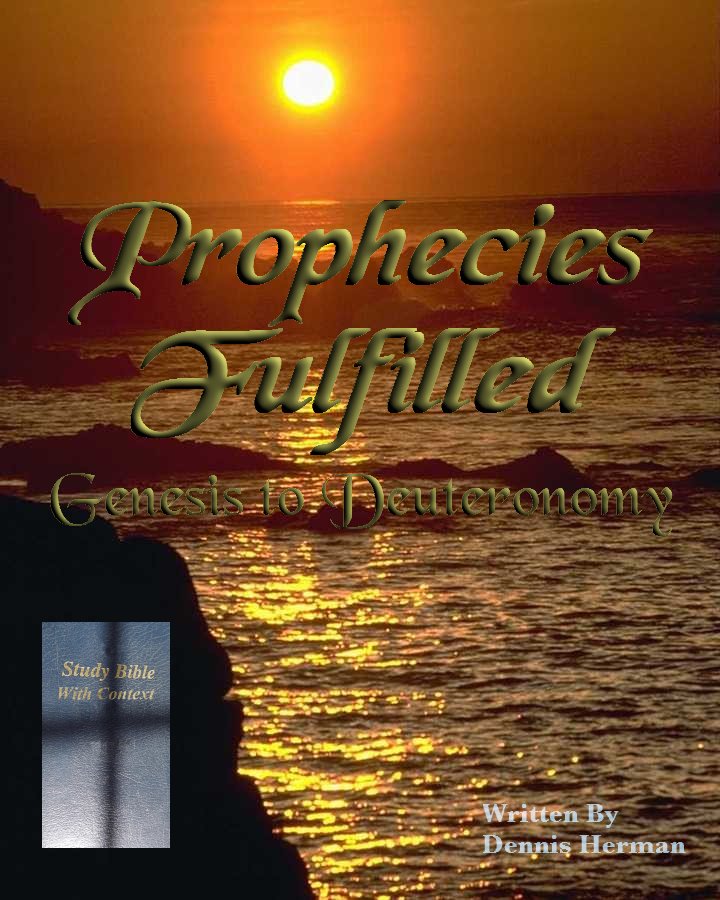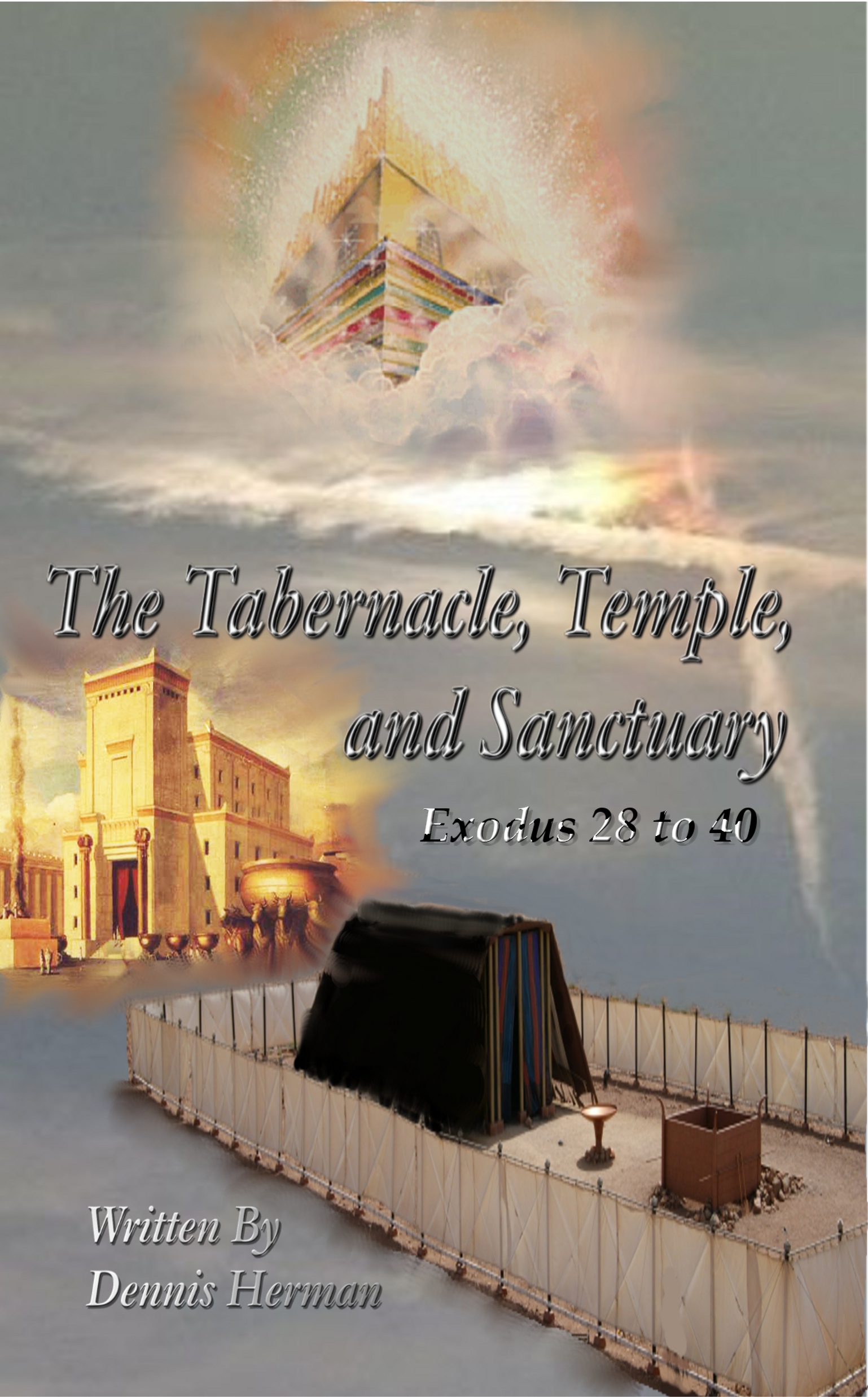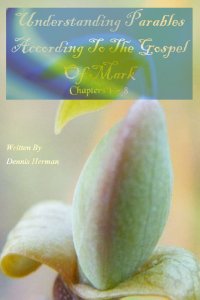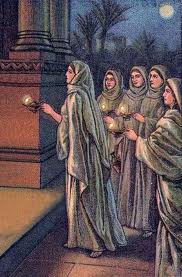RV Mateo 25:1-13
1. 1. Then shall the kingdom of heaven be likened unto ten virgins , which took their lamps , and went forth to meet the bridegroom . Entonces el reino de los cielos será semejante a diez vírgenes que tomando sus lámparas, salieron a recibir al esposo.
2. 2. And five of them were wise, and five were foolish. Y cinco de ellas eran prudentes y cinco insensatas.
3. 3. They that were foolish took their lamps , and took no oil with them: Los que fueron insensatas, tomando sus lámparas, no tomaron aceite con ellos:
4. 4. But the wise took oil in their vessels with their lamps . Pero las prudentes tomaron aceite en sus vasijas, juntamente con sus lámparas.
5. 5. While the bridegroom tarried, they all slumbered and slept . Mientras que el novio tardara, se todas y se durmieron.
6. 6. And at midnight there was a cry made, Behold, the bridegroom cometh; go ye out to meet him. Y a la medianoche se oyó un clamor: He aquí que viene el esposo; salid a recibirlo.
7. 7. Then all those virgins arose, and trimmed their lamps . Entonces todas aquellas vírgenes se levantaron, y arreglaron sus lámparas.
8. 8. And the foolish said unto the wise, Give us of your oil ; for our lamps are gone out. Y las insensatas dijeron a las prudentes: Dadnos de vuestro aceite, porque nuestras lámparas se apagan.
9. 9. But the wise answered, saying, Not so; lest there be not enough for us and you: but go ye rather to them that sell, and buy for yourselves. Pero las prudentes respondieron diciendo: No es así, para que no haya no es suficiente para nosotros y vosotros y vosotros id más bien a los que venden, y comprad para vosotras.
10. 10. And while they went to buy, the bridegroom came; and they that were ready went in with him to the marriage: and the door was shut. Y mientras ellas iban a comprar, vino el esposo; y las que estaban preparadas entraron con él a las bodas y se cerró la puerta.
11. 11. Afterward came also the other virgins , saying, Lord, Lord, open to us. Después vinieron también las otras vírgenes, diciendo: Señor, Señor, ábrenos.
12. 12. But he answered and said, Verily I say unto you, I know you not. Pero él respondió y dijo: De cierto os digo, que no os conozco.
13. 13. Watch therefore, for ye know neither the day nor the hour wherein the Son of man cometh. Velad, pues, porque no sabéis ni el día ni la hora en que el Hijo del Hombre vendrá.
Often times a Bible study consists of explaining it in one’s own words. Muchas veces un estudio de la Biblia consiste en explicar en sus propias palabras. Does this one step process provide proper respect required by the word of God? ¿Tiene este proceso un paso necesario proporcionar el debido respeto por la palabra de Dios? In the process of a simple word study this is only the first step, following prayer. En el proceso de un estudio de las palabras simples, esto es sólo el primer paso, después de la oración.
In this parable spoken by Jesus, the kingdom of Heaven, or one feature is compared to ten virgins, each taking a lamp and going out to meet the bridegroom. En esta parábola, pronunciada por Jesús, el reino de los cielos, o una característica es comparado a diez vírgenes, cada uno teniendo una lámpara y salir al encuentro del esposo. The first verse contains three key words easily identified. El primer versículo contiene tres palabras claves fáciles de identificar. A virgin is recognized as a spiritual word. Una virgen es reconocida como una palabra espiritual. By definition a virgin is an unmarried woman. Por definición, una virgen es una mujer soltera. Some people claim a virgin represents a church. Algunas personas afirman virgen representa a una iglesia. Are there Biblical texts to support this interpretation? ¿Existen textos bíblicos en apoyo de esta interpretación? Does a church going out to meet the bridegroom fit the context of this parable? ¿Tiene una iglesia de salir al encuentro del esposo ajustarse al contexto de esta parábola? All ten of these virgins are carrying lamps. Los diez de estas vírgenes están llevando lámparas. At the time this parable was written, a lamp consisted of a vessel carrying oil and a wick that was lit to provide light. En el momento de esta parábola se escribió, consistía en una lámpara de un buque cargado de petróleo y una mecha que se encendió para proporcionar la luz.
Five of the virgins were wise and five were foolish. Cinco de las vírgenes eran prudentes y cinco insensatas. The foolish took their lamps but didn’t bring any oil. Las insensatas, tomando sus lámparas, pero no poner el aceite. This parable is often interpreted with the wise virgins carrying additional oil in a separate container. Esta parábola se interpreta a menudo con las vírgenes prudentes que transportan petróleo adicionales en un recipiente separado. This may be true. Esto puede ser cierto. It may also be true the wise virgins carried lamps full of oil while the foolish forgot to check their lamps to see if they contained oil. También puede ser cierto las vírgenes sabias llevado lámparas llenas de aceite, mientras que los tontos se olvidó de verificar sus lámparas para ver si contenían petróleo.
While the bridegroom was late in arriving, all ten virgins slept. Mientras que el novio llegó tarde, todas las diez vírgenes se durmió. Not only the foolish but the wise. No sólo los necios, sino a los sabios. At midnight a cry or alarm went out announcing the arrival of the bridegroom. A medianoche, un grito de alarma o salieron anunciando la llegada del esposo. All ten virgins heard this announcement and responded to it. Las diez vírgenes oído este anuncio y respondió a ella. As the ten virgins awoke in the darkness of midnight, they trimmed or prepared to light their lamps. Como las diez vírgenes se despertó en la oscuridad de la medianoche, la limpieza y preparado a la luz de sus lámparas. Verse 8 contains a series of words that may be interpreted differently than what is written in the KJV. El versículo 8 contiene una serie de palabras que pueden interpretarse de manera diferente a lo que está escrito en la KJV. The foolish asked the wise for oil because their lamps were going out. Los insensatos pidió a los sabios de petróleo debido a que sus lámparas se apagan. Based on the definition given in the Concordance this may be a more accurate interpretation, which supports the theory, the vessel refers to the body of the lamp and not a separate container. Sobre la base de la definición que figura en la Concordancia de esto puede ser una interpretación más exacta, que apoya la teoría, el buque se refiere al cuerpo de la luz y no un recipiente separado.
The wise virgins did not have oil to spare but told the foolish to go to the market and buy oil for themselves. Las vírgenes sabias no tiene petróleo de sobra, pero dijo a los tontos para ir al mercado y comprar petróleo para ellos. This is where the story introduces spiritual concepts difficult to explain. Aquí es donde la historia se presentan conceptos espirituales difíciles de explicar. Why did the five wise virgins tell the foolish to leave? ¿Por qué las cinco vírgenes sabias decir la tontería de irse? Why did they tell them to buy oil? ¿Por qué les dicen a comprar petróleo? The only physical aspect that may suggest a reasonable explanation is, the five wise virgins would have to put their lamps out before pouring oil from one lamp to another. El único aspecto físico que puede sugerir una explicación razonable es, las cinco vírgenes sabias tendría que poner sus lámparas antes de verter el aceite de una lámpara a otra. Transferring physical oil from a lit lamp may cause a fire. Transferencia de petróleo físico de una lámpara encendida puede provocar un incendio. Is there spiritual information supporting this theory? ¿Hay información espiritual que apoya esta teoría?
While the five foolish went to buy oil the five wise entered into the marriage feast and the door was shut. Mientras que los cinco necias iban a comprar petróleo de los cinco sabios entraron en la boda y la puerta estaba cerrada. When the five foolish arrived they were turned away. Cuando los cinco necias llegaron, fueron rechazados. This parable also tells us to watch for the Son of man. Esta parábola nos dice también a ver que el Hijo del hombre. By this we are shown the bridegroom represents Jesus, the marriage represents His return. En este se nos muestra el esposo representa a Jesús, el matrimonio representa su regreso. We are not told if the foolish virgins returned with or without oil. No se nos dice si las vírgenes necias regresó con o sin aceite. Regardless, they were turned away. Independientemente, se les dio la espalda.
As previously mentioned, this is the point most Bible studies end. Como se mencionó anteriormente, este es el punto más estudios de la Biblia final. In a simple word study this is only the beginning of a study. En un estudio de las palabras simples, esto es sólo el comienzo de un estudio. Next we will identify the key words. A continuación se identifican las palabras clave. In this parable the key words are; virgin, lamp. En esta parábola de las palabras clave son; lámpara virgen. Bridegroom, oil, vessel, and door. Esposo, el petróleo, los buques, y la puerta. The parable may also contain other key words. La parábola también puede contener otras palabras clave. Each of these keys words will be interpreted using other texts to find a spiritual meaning. Cada una de estas palabras claves se interpretarán con textos de otros para encontrar un significado espiritual. The simple word study uses nothing but the Bible to interpret the Bible. La palabra simple estudio utiliza nada más que la Biblia para interpretar la Biblia. See the page titled, “Seven Steps to Doing Your Own Bible Studies” for detailed steps. Vea la página titulada “Siete pasos para crear su propia estudios de la biblia” para los pasos detallados.
Virgin Virgen
KJV Isaiah 37:22. RV Isaías 37:22. This is the word which the Lord hath spoken concerning him; The virgin , the daughter of Zion , hath despised thee, and laughed thee to scorn; the daughter of Jerusalem hath shaken her head at thee. Esta es la palabra que el Señor ha hablado acerca de él, la virgen, la hija de Sión, te menosprecia y te escarnece; la hija de Jerusalén movido la cabeza a ti. 23. 23. Whom hast thou reproached and blasphemed? A quien has reprochado y blasfemado? and against whom hast thou exalted thy voice, and lifted up thine eyes on high? y contra quién has alzado tu voz, y levantado en alto tus ojos? even against the Holy One of Israel. incluso contra el Santo de Israel.
KJV Jeremiah 31:3. RV Jeremías 31:3. The Lord hath appeared of old unto me, saying, Yea, I have loved thee with an everlasting love: therefore with lovingkindness have I drawn thee. El Señor de los antiguos apareció a mí, diciendo: Sí, yo te he amado con un amor eterno: por lo tanto con misericordia he elaborado ti. 4. 4. Again I will build thee, and thou shalt be built, O virgin of Israel : thou shalt again be adorned with thy tabrets, and shalt go forth in the dances of them that make merry. Otra vez te edificaré, y serás edificada, oh virgen de Israel: tú volverá a ser adornada con tus panderos, y saldrás en las danzas de los que hacen fiesta.
KJV Amos 5:1. RV Amos 5:1. Hear ye this word which I take up against you, even a lamentation, O house of Israel. Escuchen esta palabra que tomo en su contra, incluso un lamento, oh casa de Israel. 2. 2. The virgin of Israel is fallen; she shall no more rise: she is forsaken upon her land; there is none to raise her up. La virgen de Israel ha caído, ella no se levantará más: ella es abandonado a su tierra, y no hay que levantarla.
KJV Revelation 14:4. RV Apocalipsis 14:4. These are they which were not defiled with women; for they are virgins . Estos son los que no se contaminaron con mujeres, pues son vírgenes. These are they which follow the Lamb whithersoever he goeth . Estos son los que siguen al Cordero por dondequiera que va. These were redeemed from among men, being the firstfruits unto God and to the Lamb. Estos fueron redimidos de entre los hombres como primicias para Dios y al Cordero.
A virgin spiritually represents a daughter of Zion, Israel and those that follow the Lamb, or Christ. Una virgen espiritualmente representa una hija de Sión, Israel y los que siguen al Cordero, o Cristo. A virgin represents people following Christ. Una virgen representa a la gente seguir a Cristo. A detailed study of the word Zion will provide a much deeper spiritual meaning than those usually provided. Un estudio detallado de la palabra Sión proporcionará un significado espiritual mucho más profunda que las habitualmente proporcionan.
Virgin = a follower of Christ. Virgen = un seguidor de Cristo.
Lamp Lámpara
KJV Numbers 8:2. RV Números 8:2. Speak unto Aaron and say unto him, When thou lightest the lamps , the seven lamps shall give light over against the candlestick. Habla a Aarón y dile: Cuando enciendas las lámparas, los siete lámparas de la luz sobre contra el candelero.
KJV 2 Samuel 22:29. RV 2 Samuel 22:29. For thou art my lamp, O Lord : and the Lord will lighten my darkness. Porque tú eres mi lámpara, oh Señor, y el Señor te alumbrará mis tinieblas.
KJV Psalms 119:105. RV Salmos 119:105. Thy word is a lamp unto my feet, and a light unto my path. Tu palabra es una lámpara a mis pies, y una luz a mi camino.
KJV Proverbs 6:23. RV Proverbios 6:23. For the commandment is a lamp ; and the law is light ; and reproofs of instruction are the way of life: Porque el mandamiento es una lámpara, y la ley es la luz, y reprensiones de la enseñanza son la forma de vida:
KJV Psalms 119:129. RV Salmos 119:129. Thy testimonies are wonderful: therefore doth my soul keep them. Tus testimonios son maravillosas: por lo tanto está mi alma mantenerlos. 130. 130. The entrance of thy words giveth light ; it giveth understanding unto the simple. La entrada de tus palabras alumbra; hace entender a los simples.
KJV Isaiah 8:20. RV Isaías 8:20. To the law and to the testimony: if they speak not according to this word, it is because there is no light in them. A la ley y al testimonio: si no hablan conforme a esto, es porque no hay luz en ellos.
A lamp is used to provide light. Una lámpara se utiliza para proporcionar la luz. The Bible compares the word lamp to the Lord, His words and commandments. La Biblia compara la luz de la palabra del Señor, sus palabras y mandamientos. The light given by the lamp is also compared to God’s word, law and testimony. La luz emitida por la lámpara es también en comparación con la palabra de Dios, la ley y el testimonio.
Lamp = God’s word and law. = Lámpara palabra de Dios y la ley.
Bridegroom Esposo
KJV Isaiah 62:5. RV Isaías 62:5. For as a young man marrieth a virgin, so shall thy sons marry thee: and as the bridegroom rejoiceth over the bride, so shall thy God rejoice over thee. Porque así como un joven se casa con una virgen, así tu te hijos se casan, y como el novio se regocija sobre la novia, así tu Dios se regocijará sobre ti.
KJV Luke 5:33. RV Lucas 5:33. And they said unto him, Why do the disciples of John fast often, and make prayers, and likewise the disciples of the Pharisees; but thine eat and drink? Y ellos le dijeron: ¿Por qué los discípulos de Juan ayunan muchas veces y hacen oraciones, y también los discípulos de los fariseos, pero los tuyos comen y beben? 34. 34. And he said unto them, Can ye make the children of the bridechamber fast, while the bridegroom is with them? 35. But the days will come, when the bridegroom shall be taken away from them , and then shall they fast in those days. Y él les dijo: ¿Podéis acaso hacer que los niños están de bodas ayunen, mientras el esposo está con ellos? 35. Pero vendrán días cuando el esposo les será quitado, y entonces van a ayunar en esos días.
KJV John 3:28. RV Juan 3:28. Ye yourselves bear me witness, that I said, I am not the Christ, but that I am sent before him. Vosotros mismos me sois testigos de que dije, yo no soy el Cristo, sino que soy enviado delante de él. 29. He that hath the bride is the bridegroom: but the friend of the bridegroom, which standeth and heareth him, rejoiceth greatly because of the bridegroom’s voice: this my joy therefore is fulfilled. 29. El que tiene la novia es el novio, pero el amigo del novio, que está en pie y le oye, se goza grandemente de la voz del novio, este mi gozo por lo tanto se cumple. 30. 30. He must increase, but I must decrease. Él debe crecer, pero que yo mengüe.
Isaiah compares God to a bridegroom. Isaías compara a Dios con un novio. Luke and John identify Jesus as the bridegroom. Lucas y Juan identificar a Jesús como el novio.
Bridegroom = Jesus. Esposo = Jesús.
Oil Petróleo
KJV Exodus 25:6. Oil for the light , spices for anointing oil, and for sweet incense, RV Éxodo 25:6. Aceite para el alumbrado, especias para el aceite de la unción, y para el incienso aromático,
KJV Exodus 27:20. RV Éxodo 27:20. And thou shalt command the children of Israel, that they bring thee pure oil olive beaten for the light , to cause the lamp to burn always. La orden de tú a los hijos de Israel, que te traigan aceite de oliva puro golpeados por la luz, a causa de que la lámpara se quema siempre.
KJV Exodus 35:14. RV Éxodo 35:14. The candlestick also for the light, and his furniture, and his lamps, with the oil for the light , El candelabro también para la luz, y sus muebles, y sus lámparas, con el aceite para el alumbrado,
KJV Leviticus 24:2. RV Levítico 24:2. Command the children of Israel, that they bring unto thee pure oil olive beaten for the light , to cause the lamps to burn continually. Manda a los hijos de Israel que te traigan aceite de oliva puro golpeados por la luz, a causa de las lámparas para quemar continuamente.
KJV Psalms 45:7. RV Salmos 45:7. Thou lovest righteousness, and hatest wickedness: therefore God, thy God, hath anointed thee with the oil of gladness above thy fellows. La justicia amas y odias la maldad: por lo tanto Dios, tu Dios, te ha ungido con el óleo de alegría sobre tus compañeros.
KJV Hebrews 1:9. RV Hebreos 1:9. Thou hast loved righteousness, and hated iniquity; therefore God, even thy God, hath anointed thee with the oil of gladness above thy fellows. Has amado la justicia y aborrecido la maldad, por lo que Dios, el Dios tuyo, te ha ungido con el óleo de alegría sobre tus compañeros.
KJV Isaiah 61:3. RV Isaías 61:3. To appoint unto them that mourn in Zion, to give unto them beauty for ashes, the oil of joy for mourning, the garment of praise for the spirit of heaviness; that they might be called trees of righteousness, the planting of the Lord, that he might be glorified. Nombrar a ellos que llorar en Sión, para darles gloria en lugar de ceniza, óleo de gozo en lugar de luto, manto de alegría para el espíritu de pesadez, que podrían ser llamados árboles de justicia, plantío de Jehová, que que podría ser glorificado.
Oil is one of the few words with a dual meaning requiring additional consideration. El petróleo es una de las pocas palabras con un significado doble que requieren una consideración adicional. Although key words often contain more than one meaning, words containing two meanings usually contain opposite meanings. Aunque las palabras clave a menudo contienen más de un significado, palabras con dos significados suelen contener significados opuestos. One applies to God and the positive aspects of good. Uno se aplica a Dios y los aspectos positivos de la buena. The other may apply to Satan and other references to evil. Los otros se pueden aplicar a Satanás y otras referencias a la maldad. The context of the verse will indicate which spiritual application conforms to the proper interpretation. El contexto del versículo indicará qué aplicación espiritual se ajusta a la interpretación adecuada.
In this case oil has two spiritual meanings complementing one another. En este caso, el aceite tiene dos significados espirituales complementándose unos a otros. Oil is for light. El petróleo es la luz. This is true in both the physical and spiritual application. Esto es cierto tanto en la aplicación de la física y espiritual. If we applied the spiritual application of light to oil we see oil can represent God’s word and law. Si se aplica la aplicación espiritual de la luz para ver el petróleo crudo que puede representar la palabra de Dios y la ley. The verses above also show oil represents gladness and joy. Los versos anteriores también indican que el aceite representa el gozo y alegría. For those dedicated to studying the words of God and His law, the connection with joy is easy to understand. Para quienes se dedican a estudiar las palabras de Dios y su ley, la conexión con la alegría es fácil de entender. When we gather all the key words and paraphrase the parable we can see how the two spiritual interpretations of oil pertain to the ten virgins. Cuando nos reunimos todas las palabras clave y parafraseando la parábola podemos ver cómo las dos interpretaciones espirituales de petróleo pertenecen a las diez vírgenes.
Oil = light = God’s word and law. De aceite = luz = la palabra de Dios y la ley.
Vessel Buque
KJV Psalms 2:9. RV Salmos 2:9. Thou shalt break them with a rod of iron; thou shalt dash them in pieces like a potter’s vessel . Quebrantarás con una vara de hierro; harás guión en pedazos, como una vasija de barro.
KJV Psalms 31:12. RV Salmos 31:12. I am forgotten as a dead man out of mind: I am like a broken vessel . He sido olvidado como un muerto fuera de la mente: Soy como un vaso roto.
KJV Jeremiah 25:34. RV Jeremías 25:34. Howl, ye shepherds , and cry; and wallow yourselves in the ashes, ye principal of the flock: for the days of your slaughter and of your dispersions are accomplished; and ye shall fall like a pleasant vessel . Aullad, pastores, y llorar, y revolcaos en las cenizas, el director de la manada vosotros: para los días de la masacre y de sus dispersiones se llevan a cabo, y caeréis como un barco agradable.
KJV Jeremiah 51:34. RV Jeremías 51:34. Nebuchadrezzar the king of Babylon hath devoured me, he hath crushed me, he hath made me an empty vessel , he hath swallowed me up like a dragon, he hath filled his belly with my delicates, he hath cast me out. Nabucodonosor rey de Babilonia ha devorado a mí, que me ha aplastado, él me ha hecho un recipiente vacío, me tragó como un dragón, que ha llenado su vientre de mi delicados, me ha echado fuera.
KJV Hosea 8:8. Israel is swallowed up: now shall they be among the Gentiles as a vessel wherein is no pleasure. RV Oseas 8:8. Israel es tragado: ahora se que estar entre los gentiles, como un buque en que no hay placer.
KJV Acts 9:15. RV Hechos 9:15. But the Lord said unto him, Go thy way: for he is a chosen vessel unto me, to bear my name before the Gentiles, and kings, and the children of Israel: Pero el Señor le dijo: Vete, porque él es un vaso escogido a mí, para que lleve mi nombre ante los gentiles, y reyes y los hijos de Israel:
KJV 2 Timothy 2:21. RV 2 Timoteo 2:21. If a man therefore purge himself from these, he shall be a vessel unto honour, sanctified, and meet for the master’s use, and prepared unto every good work. Si un hombre por lo tanto purgarse de estas cosas, será un vaso para honra, santificado, y útil para el maestro, y preparado para toda buena obra.
The Bible uses the word vessel to symbolize a person. La Biblia usa el buque palabra para simbolizar a una persona.
Vessel = a person. = Buque a una persona.
Slept or Sleep Dormido o dormir
KJV Daniel 12:2. RV Daniel 12:2. And many of them that sleep in the dust of the earth shall awake, some to everlasting life, and some to shame and everlasting contempt. Y muchos de los que duermen en el polvo de la tierra serán despertados, unos para vida eterna, y otros para vergüenza y confusión perpetua.
KJV 1 Kings 11:43. RV 1 Reyes 11:43. And Solomon slept with his fathers , and was buried in the city of David his father: and Rehoboam his son reigned in his stead. Y durmió Salomón con sus padres, y fue enterrado en la ciudad de David, su padre y su hijo Roboam reinó en su lugar.
KJV Psalms 13:3. RV Salmos 13:3. Consider and hear me, O Lord my God: lighten mine eyes, lest I sleep the sleep of death ; Considere la posibilidad de escuchar y de mí, oh Señor, mi Dios: se suavizan mis ojos, no sea que yo sueño, el sueño de la muerte;
KJV Matthew 27:52. RV Mateo 27:52. And the graves were opened ; and many bodies of the saints which slept arose , Y se abrieron los sepulcros, y muchos cuerpos de santos que habían dormido, se levantó,
KJV Ephesians 5:14. RV Efesios 5:14. Wherefore he saith, Awake thou that sleepest, and arise from the dead , and Christ shall give thee light. Por lo cual dice: Despiértate, tú que duermes, y levántate de entre los muertos, y Cristo te alumbrará.
Sleep can represent death. El sueño puede representar la muerte.
KJV Isaiah 29:10. RV Isaías 29:10. For the Lord hath poured out upon you the spirit of deep sleep , and hath closed your eyes: the prophets and your rulers, the seers hath he covered. Porque el Señor ha derramado sobre vosotros el espíritu de sueño profundo, y ha cerrado los ojos: los profetas y sus gobernantes, los videntes él ha cubierto. 11. 11. And the vision of all is become unto you as the words of a book that is sealed , which men deliver to one that is learned, saying, Read this, I pray thee: and he saith, I cannot; for it is sealed : Y la visión de todos os será como las palabras de un libro sellado, que se entregará a los hombres que se aprende, diciendo: Lee esto, te ruego, y dice, no puedo, porque está sellado:
KJV Isaiah 56:10. RV Isaías 56:10. His watchmen are blind: they are all ignorant , they are all dumb dogs, they cannot bark; sleeping, lying down, loving to slumber . Sus atalayas son ciegos: todos ellos son ignorantes, todos ellos perros mudos, no pueden ladrar; dormir, acostarse, amar al sueño. 11. 11. Yea, they are greedy dogs which can never have enough, and they are shepherds that cannot understand: they all look to their own way, every one for his gain, from his quarter. Perros Sí, son codiciosos, que nunca se tiene suficiente, y ellos son pastores que no pueden entender: todos se ven a su manera, cada uno por su ganancia, de su barrio.
KJV 1 Corinthians 11:30. RV 1 Corintios 11:30. For this cause many are weak and sickly among you, and many sleep . Dormir por lo cual hay muchos enfermos y debilitados entre vosotros, y muchos.
KJV 1 Thessalonians 5:5. RV 1 Tesalonicenses 5:5. Ye are all the children of light, and the children of the day: we are not of the night, nor of darkness. Porque todos vosotros sois hijos de luz, y los hijos del día: no somos de la noche, ni de las tinieblas. 6. 6. Therefore let us not sleep , as do others; but let us watch and be sober. Por lo tanto, no durmamos como los demás, sino velemos y seamos sobrios. 7. 7. For they that sleep sleep in the night; and they that be drunken are drunken in the night . Para que el sueño que el sueño en la noche, y los que se están borrachos borrachos en la noche. 8. 8. But let us, who are of the day, be sober, putting on the breastplate of faith and love; and for an helmet, the hope of salvation. Pero nosotros, que somos del día, seamos sobrios, vestidos con la coraza de la fe y el amor, y de un casco, la esperanza de la salvación.
KJV Romans 13:11. RV Romanos 13:11. And that, knowing the time, that now it is high time to awake out of sleep : for now is our salvation nearer than when we believed. Y que, conociendo el tiempo, que ahora es tiempo de levantarnos del sueño: por ahora es nuestra salvación más cerca que cuando creímos. 12. 12. The night is far spent, the day is at hand: let us therefore cast off the works of darkness , and let us put on the armour of light. La noche está avanzada, el día está a la mano: por lo tanto vamos a romper las obras de las tinieblas, y pongamos en la armadura de la luz.
Sleep also represents a lack of understanding. El sueño también representa una falta de comprensión.
Slept or Sleep = death and a lack of understanding. Dormido o dormir = muerte y una falta de comprensión.
Door Puerta
KJV Genesis 4:7. RV Génesis 4:7. If thou doest well, shalt thou not be accepted? Si haces lo bueno, ¿no serás aceptado? and if thou doest not well, sin lieth at the door . , y si no haces lo bueno, el pecado está en la puerta. And unto thee shall be his desire, and thou shalt rule over him. Y a ti será su deseo, y el artículo tú encima de él.
KJV Exodus 12:7. RV Éxodo 12:7. And they shall take of the blood , and strike it on the two side posts and on the upper door post of the houses, wherein they shall eat it. Y tomarán de la sangre, y la huelga en los dos postes y en el dintel de las casas, en los que se comen.
KJV Exodus 12:23. RV Éxodo 12:23. For the Lord will pass through to smite the Egyptians; and when he seeth the blood upon the lintel, and on the two side posts, the Lord will pass over the door , and will not suffer the destroyer to come in unto your houses to smite you. Porque el Señor pasará por hiriendo a los egipcios, y cuando se ve la sangre sobre el dintel y en los dos postes, el Señor pasar por encima de la puerta, y no sufrirán el destructor entre en vuestras casas para herir tú.
KJV Exodus 29:11. RV Éxodo 29:11. And thou shalt kill the bullock before the Lord, by the door of the tabernacle of the congregation. Y matarás el becerro delante del Señor, por la puerta del tabernáculo de la congregación.
KJV Exodus 29:32. RV Éxodo 29:32. And Aaron and his sons shall eat the flesh of the ram, and the bread that is in the basket by the door of the tabernacle of the congregation. Y Aarón y sus hijos se comen la carne del carnero, y el pan que está en la cesta de la puerta del tabernáculo de la congregación.
KJV Exodus 29:42. RV Éxodo 29:42. This shall be a continual burnt offering throughout your generations at the door of the tabernacle of the congregation before the Lord: where I will meet you, to speak there unto thee. Este será el holocausto continuo por vuestras generaciones en la puerta del tabernáculo del testimonio ante el Señor: donde se reunirá con usted, para hablar allí contigo.
KJV Exodus 33:9. RV Éxodo 33:9. And it came to pass, as Moses entered into the tabernacle, the cloudy pillar descended, and stood at the door of the tabernacle , and the Lord talked with Moses. Y aconteció que, como Moisés entró en el tabernáculo, la columna de nube descendía, y se quedó en la puerta del tabernáculo, y el Señor hablaba con Moisés.
KJV Deuteronomy 11:18. RV Deuteronomio 11:18. Therefore shall ye lay up these my words in your heart and in your soul, and bind them for a sign upon your hand, that they may be as frontlets between your eyes. Por tanto, pondréis estas mis palabras en tu corazón y en tu alma, y se unen a una señal en la mano, que pueden ser como frontales entre tus ojos. 19. 19. And ye shall teach them your children, speaking of them when thou sittest in thine house, and when thou walkest by the way, when thou liest down, and when thou risest up. Y seréis enseñarles a sus hijos, hablando de ellas estando en tu casa, y andando por el camino, cuando te acuestes, y cuando te levantes. 20. 20. And thou shalt write them upon the door posts of thine house, and upon thy gates: Y escribirás en los postes de la puerta de tu casa, y en tus puertas:
KJV Deuteronomy 15:17. RV Deuteronomio 15:17. Then thou shalt take an aul, and thrust it through his ear unto the door, and he shall be thy servant for ever. And also unto thy maidservant thou shalt do likewise. Entonces tú tomar un aul, y el empuje a través de su oído a la puerta, y él será tu siervo para siempre. Y también a tu sierva serás tú hacer lo mismo.
KJV Acts 14:27. RV Hechos 14:27. And when they were come, and had gathered the church together, they rehearsed all that God had done with them, and how he had opened the door of faith unto the Gentiles. Y cuando llegaron, y había reunido a la iglesia, ensayaron todo lo que Dios había hecho con ellos y cómo había abierto la puerta de la fe a los gentiles.
KJV 1 Corinthians 16:9 RV 1 Corintios 16:9
9. 9. For a great door and effectual is opened unto me, and there are many adversaries. Para una puerta grande y eficaz se abre a mí, y muchos son los adversarios.
KJV 2 Corinthians 2:12 RV 2 Corintios 2:12
12. 12. Furthermore, when I came to Troas to preach Christ’s gospel, and a door was opened unto me of the Lord, Además, cuando llegué a Troas para predicar el Evangelio de Cristo, y se abrió una puerta para mí del Señor,
KJV Colossians 4:3 Colosenses 4:3 RV
3. 3. Withal praying also for us, that God would open unto us a door of utterance , to speak the mystery of Christ, for which I am also in bonds: Orando también juntamente por nosotros, que Dios ábrenos la puerta de la palabra, para hablar del misterio de Cristo, de la que soy también en los bonos:
KJV Revelation 3:8 RV Apocalipsis 3:8
8. 8. I know thy works: behold, I have set before thee an open door , and no man can shut it: for thou hast a little strength, and hast kept my word, and hast not denied my name. Yo conozco tus obras: he aquí, he puesto delante de ti una puerta abierta, y nadie puede cerrar, porque has poca fuerza, has guardado mi palabra, y no has negado mi nombre.
KJV Revelation 3:20 RV Apocalipsis 3:20
20. 20. Behold, I stand at the door, and knock: if any man hear my voice, and open the door , I will come in to him, and will sup with him, and he with me. He aquí, yo estoy a la puerta y llamo: si alguno oye mi voz y abre la puerta, entraré a él, y cenaré con él y él conmigo.
KJV Revelation 4:1-2 RV Apocalipsis 4:1-2
1. 1. After this I looked, and, behold, a door was opened in heaven : and the first voice which I heard was as it were of a trumpet talking with me; which said, Come up hither, and I will shew thee things which must be hereafter. Después de esto miré, y he aquí, se abrió una puerta en el cielo y la primera voz que oí era como de una trompeta a hablar conmigo, que decía: Ven acá, y yo te mostraré las cosas que deben ser en lo sucesivo. 2. 2. And immediately I was in the spirit: and, behold Y al instante yo estaba en el Espíritu: y he aquí
A door can represent many things. Una puerta puede representar muchas cosas. Sin and death can lie at the door. El pecado y la muerte puede estar en la puerta. During the Passover, the blood from a lamb was sprinkled upon the top and sides of the door posts as a sign. Durante la Pascua, la sangre de un cordero fue rociada sobre la parte superior y los lados de los postes de la puerta como una señal. Upon seeing the blood on the door posts the destroying angel would passover the house. Al ver la sangre en la puerta de los puestos de la ángel exterminador que la Pascua de la casa.
God instructed the priests to conduct sacrifices at the door of the tabernacle. Dios instruyó a los sacerdotes para llevar a cabo los sacrificios en la puerta del tabernáculo. This is also where the priests ate their meals. Aquí es también donde los sacerdotes comían sus comidas. God chose to appear to Moses at the door of the tabernacle. Dios ha elegido para aparecer a Moisés en la puerta del tabernáculo.
When a person chose to remain a slave for life, the owner would pierce the ear on the door post. Cuando una persona se optó por seguir siendo un esclavo de por vida, el propietario no perforar la oreja en el poste de la puerta. The door posts is also the location people wrote God’s law upon their homes. Los postes de la puerta es también la ubicación de personas escribió la ley de Dios a sus hogares.
An open door is used to represent the opportunities God gives us. Una puerta abierta se utiliza para representar las oportunidades que Dios nos da. It also represents a person opening their heart to Jesus. También representa una persona que abre su corazón a Jesús. A door can represent many things to many people. Una puerta puede representar muchas cosas para muchas personas. At times the meaning may depend upon which side of the door you are on. A veces el sentido puede depender de en qué lado de la puerta que está.
Door = sin, death, self imposed slavery, sacrifice, opportunity, God’s law, the presence of God, Jesus and life. Puerta = pecado, la muerte, la esclavitud autoimpuesta, el sacrificio, la oportunidad, la ley de Dios, la presencia de Dios, Jesús y la vida.
Now that the key words have been studied and the spiritual interpretations provided by the Bible, a chart will make it easier to paraphrase the parable of the virgins. Ahora que las palabras clave han sido estudiadas y la interpretación espiritual proporcionada por la Biblia, un gráfico, será más fácil para parafrasear a la parábola de las vírgenes.
Virgin = a follower of Christ. Virgen = un seguidor de Cristo.
Lamp = God’s word and law. = Lámpara palabra de Dios y la ley.
Bridegroom = Jesus. Esposo = Jesús.
Oil = light = God’s word and law. De aceite = luz = la palabra de Dios y la ley.
Vessel = a person. = Buque a una persona.
Sleep = death and a lack of understanding. Sueño = muerte y la falta de comprensión.
Door = sin, death, self imposed slavery, sacrifice, opportunity, God’s law, the presence of God and Jesus and life. Puerta = pecado, la muerte, la esclavitud autoimpuesta, el sacrificio, la oportunidad, la ley de Dios, la presencia de Dios y de Jesús y la vida.
KJV Matthew 25:1-9 RV Mateo 25:1-9
1. 1. Then shall the kingdom of heaven be likened unto ten virgins , which took their lamps , and went forth to meet the bridegroom . Entonces el reino de los cielos será semejante a diez vírgenes que tomando sus lámparas, salieron a recibir al esposo.
2. 2. And five of them were wise, and five were foolish. Y cinco de ellas eran prudentes y cinco insensatas.
3. 3. They that were foolish took their lamps , and took no oil with them: Los que fueron insensatas, tomando sus lámparas, no tomaron aceite con ellos:
4. 4. But the wise took oil in their vessels with their lamps . Pero las prudentes tomaron aceite en sus vasijas, juntamente con sus lámparas.
5. 5. While the bridegroom tarried, they all slumbered and slept . Mientras que el novio tardara, se todas y se durmieron.
6. 6. And at midnight there was a cry made, Behold, the bridegroom cometh; go ye out to meet him. Y a la medianoche se oyó un clamor: He aquí que viene el esposo; salid a recibirlo.
7. 7. Then all those virgins arose, and trimmed their lamps . Entonces todas aquellas vírgenes se levantaron, y arreglaron sus lámparas.
8. 8. And the foolish said unto the wise, Give us of your oil ; for our lamps are gone out. Y las insensatas dijeron a las prudentes: Dadnos de vuestro aceite, porque nuestras lámparas se apagan.
9. 9. But the wise answered, saying, Not so; lest there be not enough for us and you: but go ye rather to them that sell, and buy for yourselves. Pero las prudentes respondieron diciendo: No es así, para que no haya no es suficiente para nosotros y vosotros y vosotros id más bien a los que venden, y comprad para vosotras.
Paraphrase Matthew 25:1-9 substituting the spiritual meaning for the physical key words. Parafraseando a Mateo 25:1-9 sustituir el significado espiritual de las palabras clave de física.
The Kingdom of Heaven is like ten followers of Christ , which took the word of God , and went to meet Christ. Five of them were wise and five were foolish. El Reino de los Cielos es semejante a diez seguidores de Cristo, que tomó la palabra de Dios, y fue al encuentro de Cristo. Cinco de ellas eran prudentes y cinco insensatas. The foolish knew the word of God but not His law. The wise had the law of God in themselves with the word of God . Los insensatos conocía la palabra de Dios, pero no su ley. El sabio tenía la ley de Dios en sí mismos con la palabra de Dios. While Christ was late in coming, they all had a lack of understanding . Mientras que Cristo se hizo esperar, todos ellos tenían una falta de comprensión. At midnight there was a cry made, Christ is coming, go out to meet Him. A medianoche se oyó un clamor: Cristo viene, salid a recibirle. All the followers of Christ arose and studied the word of God . Todos los seguidores de Cristo se levantó y se estudió la palabra de Dios. The foolish said unto the wise, give us your law , because our words have gone out. Las insensatas dijeron a las prudentes: Dadnos de su ley, porque nuestras palabras han salido. But the wise said, not so because there will not be enough for us and you. Pero el sabio dijo, no porque no será suficiente para nosotros y usted. But rather go to them that sell and buy for yourselves. Sino más bien ir a los que venden, y comprad para vosotras.
Oil and lamp each have two possible interpretations. Lámpara de petróleo y cada uno tiene dos interpretaciones posibles. Matthew 25:1-9 can be paraphrased using the alternative interpretations. Mateo 25:1-9 se puede parafrasear usando las interpretaciones alternativas.
The Kingdom of Heaven is like ten followers of Christ , who took the word of God , and went to meet Christ. Five of them were wise and five were foolish. El Reino de los Cielos es semejante a diez seguidores de Cristo, que tomó la palabra de Dios, y fue al encuentro de Cristo. Cinco de ellas eran prudentes y cinco insensatas. The foolish knew the law of God but not His word. The wise had the word of God within themselves with the law of God . Los insensatos conocía la ley de Dios, pero no su palabra. El sabio tenía la palabra de Dios dentro de sí mismos con la ley de Dios. While Christ was late in coming, they all had a lack of understanding . Mientras que Cristo se hizo esperar, todos ellos tenían una falta de comprensión. At midnight a cry was made, Christ is coming, go out to meet Him. A medianoche, un grito se hizo, Cristo viene, salir al encuentro de él. All the followers of Christ arose and studied the law of God . Todos los seguidores de Cristo se levantó y se estudió la ley de Dios. The foolish said unto the wise, give us your words , because our law has gone out. Las insensatas dijeron a las prudentes: Dadnos vuestras palabras, porque nuestra ley ha salido. But the wise said, not so because there will not be enough for us and you, but rather go to them that sell and buy for yourselves. Pero el sabio dijo: No, porque no será suficiente para nosotros y vosotros, sino más bien ir a los que venden, y comprad para vosotras.
The second paraphrase can be proven with verses from the New Testament. La segunda paráfrasis se puede comprobar con versículos del Nuevo Testamento.
KJV Matthew 9:11. RV Mateo 9:11. And when the Pharisees saw it, they said unto his disciples, Why eateth your Master with publicans and sinners? Y al verlo los fariseos, dijeron a los discípulos: ¿Por qué come vuestro Maestro con los publicanos y pecadores? 12. 12. But when Jesus heard that, he said unto them, They that be whole need not a physician, but they that are sick. Pero cuando Jesús oyó esto, les dijo: Los que estar sanos no necesitan médico, sino los que están enfermos.
KJV Matthew 12:1. RV Mateo 12:1. At that time Jesus went on the Sabbath day through the corn; and his disciples were an hungred, and began to pluck the ears of corn and to eat. En aquel tiempo iba Jesús el día del sábado a través del maíz, y sus discípulos sintieron hambre y comenzaron a arrancar espigas ya comer. 2. 2. But when the Pharisees saw it, they said unto him, Behold, thy disciples do that which is not lawful to do upon the Sabbath day. Pero cuando los fariseos le vieron, le dijo: He aquí tus discípulos hacen lo que no es lícito hacer en el día de reposo.
KJV Matthew 12:14. RV Mateo 12:14. Then the Pharisees went out, and held a council against him, how they might destroy him. Entonces los fariseos salieron, y celebraron consejo contra él, cómo destruirlo.
KJV Matthew 15:1. RV Mateo 15:1. Then came to Jesus scribes and Pharisees, which were of Jerusalem, saying, 2. Entonces se acercaron a Jesús, los escribas y fariseos, que eran de Jerusalén, diciendo: 2. Why do thy disciples transgress the tradition of the elders? ¿Por qué tus discípulos quebrantan la tradición de los ancianos? for they wash not their hands when they eat bread. Porque no se lavan las manos cuando comen pan. 3. 3. But he answered and said unto them, Why do ye also transgress the commandment of God by your tradition? Pero él respondió y les dijo: ¿Por qué también vosotros transgredir el mandamiento de Dios por vuestra tradición?
KJV Matthew 19:3. RV Mateo 19:3. The Pharisees also came unto him, tempting him, and saying unto him, Is it lawful for a man to put away his wife for every cause? Los fariseos también vino a él, tentarle, y que le decía: ¿Es lícito al hombre repudiar a su mujer por cualquier causa?
The Pharisees took pride in knowing the law. Los fariseos se enorgullecía de conocer la ley. They questioned Jesus time and time again on points concerning the law and how they viewed it. Se cuestionó el tiempo de Jesús una y otra vez sobre aspectos de la ley y la forma en que lo vieron. They had expected to find a savior who appreciated the methods they used in keeping the law and using the law to keep people in line. Se había esperado encontrar un salvador que aprecia los métodos que utilizan para mantener la ley y utilizar la ley para mantener a la gente en la fila. They looked for a savior ready to reward them for the job they were doing, telling others how to keep the law. Buscaron un salvador, dispuesto a recompensarlos por el trabajo que estaban haciendo, decir a los demás cómo mantener la ley.
Then Jesus said unto them, Take heed and beware of the leaven of the Pharisees and of the Sadducees. Entonces Jesús les dijo: Mirad, y guardaos de la levadura de los fariseos y de los saduceos. Then understood they how that he bade them not beware of the leaven of bread, but of the doctrine of the Pharisees and of the Sadducees. Entonces entendieron que les ordenó que se guardasen de la levadura de pan, sino de la doctrina de los fariseos y de los saduceos. KJV Matthew 16:6, 12 RV Mateo 16:6, 12
Then spake Jesus to the multitude, and to his disciples, Saying, The scribes and the Pharisees sit in Moses’ seat: All therefore whatsoever they bid you observe, that observe and do; but do not ye after their works: for they say, and do not. Entonces Jesús habló a la multitud, y sus discípulos, diciendo: Los escribas y los fariseos están sentados en la cátedra de Moisés: Todos los que por lo tanto ninguna oferta que guardéis, observar y hacer, pero no os después de sus obras, porque dicen, y no. For they bind heavy burdens and grievous to be borne, and lay them on men’s shoulders; but they themselves will not move them with one of their fingers. Porque atan cargas pesadas y difíciles de llevar, y las ponen sobre los hombros de los hombres, pero ellos mismos no se mueve con uno de sus dedos. But woe unto you, scribes and Pharisees, hypocrites! Pero ¡ay de vosotros, escribas y fariseos, hipócritas! for ye shut up the kingdom of heaven against men: for ye neither go in yourselves, neither suffer ye them that are entering to go in. Woe unto you, scribes and Pharisees, hypocrites! para cerráis el reino de los cielos delante de los hombres; pues ni ir en vosotros, ni dejáis los que están entrando a entrar ¡Ay de vosotros, escribas y fariseos, hipócritas! for ye pay tithe of mint and anise and cummin, and have omitted the weightier matters of the law, judgment, mercy, and faith: these ought ye to have done, and not to leave the other undone. para diezmáis la menta y el eneldo y el comino, y se han omitido lo más importante de la ley, la justicia, la misericordia y la fe: esto era menester que se haga, y no dejar de hacer aquello. Woe unto you, scribes and Pharisees, hypocrites! ¡Ay de vosotros, escribas y fariseos, hipócritas! for ye are like unto whited sepulchres, which indeed appear beautiful outward, but are within full of dead men’s bones, and of all uncleanness. porque sois semejantes a sepulcros blanqueados, que de hecho, se muestran hermosos por fuera, mas por dentro están llenos de huesos de muertos y de toda inmundicia. Even so ye also outwardly appear righteous unto men, but within ye are full of hypocrisy and iniquity. Así también vosotros por fuera parecéis justos a los hombres, pero por dentro estáis llenos de hipocresía e iniquidad. KJV Matthew 23:1-4, 13, 23, 27, 28. RV Mateo 23:1-4, 13, 23, 27, 28.
The Pharisees are an example of one group putting too much emphasis on the law while having little regard for other aspects of the word. Los fariseos son un ejemplo de un grupo de poner demasiado énfasis en la ley, mientras que poco respeto por los demás aspectos de la palabra. This example shows how dangerous an imbalance can be. Este ejemplo muestra cómo un desequilibrio peligroso puede ser. The Pharisees believed in God. Los fariseos creían en Dios. They followed after God, sacrificed to Him, read His word and conducted all of the required services. Siguieron después de Dios, sacrificado a él, leer su palabra y llevó a cabo todos los servicios necesarios. Jesus clearly points out, this is not enough. Jesús señala claramente, esto no es suficiente.
As mentioned earlier, there are two spiritual meanings to the words lamp and oil. Como se mencionó anteriormente, hay dos significados espirituales a la luz de las palabras y el petróleo. They are the word of God and His law. Ellos son la palabra de Dios y su ley. Does it matter which the foolish virgins were missing? ¿Es importante que las vírgenes necias fueron desaparecidos? The fact of the matter is, the wise had both, the lamp and the oil, the word and the law. El hecho del asunto es, el sabio tenía tanto, la lámpara y el aceite, la palabra y la ley.
As we look at the remaining verses of the parable of the ten virgins we see the result of a lack of either the word or the law. Cuando miramos a los versos restantes de la parábola de las diez vírgenes que vemos el resultado de una falta de cualquiera de la palabra o la ley.
10. 10. And while they went to buy, the bridegroom came; and they that were ready went in with him to the marriage: and the door was shut. Y mientras ellas iban a comprar, vino el esposo; y las que estaban preparadas entraron con él a las bodas y se cerró la puerta.
11. 11. Afterward came also the other virgins , saying, Lord, Lord, open to us. Después vinieron también las otras vírgenes, diciendo: Señor, Señor, ábrenos.
12. 12. But he answered and said, Verily I say unto you, I know you not. Pero él respondió y dijo: De cierto os digo, que no os conozco.
13. 13. Watch therefore, for ye know neither the day nor the hour wherein the Son of man cometh. Velad, pues, porque no sabéis ni el día ni la hora en que el Hijo del Hombre vendrá.
To paraphrase this text. Parafraseando a este texto.
And while they went to buy, Christ came; and they who were ready went in with Him to the marriage: and the opportunity was shut. Y mientras ellas iban a comprar, vino Cristo, y los que estaban preparadas entraron con él a las bodas, y la oportunidad fue cerrada. Afterward came the other followers of Christ , saying, Lord open to us. Después vinieron los otros seguidores de Cristo, diciendo: Señor, ábrenos. But He answered and said verily I say unto you, I know you not. Pero él respondió y dijo: de cierto os digo, que no os conozco. Watch therefore, for ye know neither the day nor the hour wherein the Son of man cometh. Velad, pues, porque no sabéis ni el día ni la hora en que el Hijo del Hombre vendrá.
KJV Matthew 5:18. RV Mateo 5:18. For verily I say unto you, Till heaven and earth pass, one jot or one tittle shall in no wise pass from the law, till all be fulfilled. Porque de cierto os digo que hasta que pasen el cielo y la tierra, ni una jota ni una tilde en ningún paso sabio de la ley, hasta que se cumplan todas. 19. 19. Whosoever therefore shall break one of these least commandments, and shall teach men so, he shall be called the least in the kingdom of heaven: but whosoever shall do and teach them, the same shall be called great in the kingdom of heaven. Que cualquiera que quebrante uno de estos mandamientos, y así enseñe a los hombres, muy pequeño será llamado en el reino de los cielos: mas cualquiera que los haga y los enseñe, éste será llamado grande en el reino de los cielos. 20. 20. For I say unto you, That except your righteousness shall exceed the righteousness of the scribes and Pharisees, ye shall in no case enter into the kingdom of heaven. Pues yo os digo que si vuestra justicia no fuere mayor de la justicia de los escribas y fariseos, no será en ningún caso entrará en el reino de los cielos.
Ellen White has an interesting comment in her book, Christ’s Object Lessons about this parable based on the interpretation of the oil representing the Holy Spirit. Elena G. de White tiene un interesante comentario en su libro, la vida del gran Maestro de esta parábola sobre la base de la interpretación de que el aceite representa al Espíritu Santo. She also does an outstanding job of explaining her findings, supplying supporting text for the spiritual words along with and extraordinary explanation on the spiritual meaning of the parable. Ella también hace un excelente trabajo de explicar sus conclusiones, el suministro de apoyo para el texto de las palabras espirituales junto con la explicación y extraordinario sobre el significado espiritual de la parábola.
Christ with His disciples is seated upon the Mount of Olives. Cristo con sus discípulos está sentado en el Monte de los Olivos. The sun has set behind the mountains, and the heavens are curtained with the shades of evening. El sol se ha puesto detrás de las montañas y los cielos son cortinas de las sombras de la noche. In full view is a dwelling house lighted up brilliantly as if for some festive scene. A la vista es una casa de vivienda brillantemente iluminado como si fuera una escena de fiesta. The light streams from the openings, and an expectant company wait around, indicating that a marriage procession is soon to appear. Los flujos de luz de las aberturas, y una compañía de esperar a que esperan un bebé, lo que indica que el matrimonio es una procesión que pronto aparecerá. In many parts of the East, wedding festivities are held in the evening. En muchas partes del Oriente, las festividades de la boda se celebró en la tarde. The bridegroom goes forth to meet his bride and bring her to his home. El novio sale a reunirse con su novia y llevarla a su casa. By torchlight the bridal party proceed from her father’s house to his own, where a feast is provided for the invited guests. Luz de las antorchas de la fiesta nupcial proceden de la casa de su padre a la suya, donde se ofrece un banquete para los invitados. In the scene upon which Christ looks, a company are awaiting the appearance of the bridal party, intending to join the procession. En la escena sobre la que Cristo se ve, una empresa están a la espera de la aparición de la fiesta nupcial, con la intención de unirse a la procesión. {COL 405.1} () COL 405,1
Lingering near the bride’s house are ten young women robed in white. Persistentes cerca de la casa de la novia son diez las mujeres jóvenes vestidos de blanco. Each carries a lighted lamp and a small flagon for oil. Cada uno lleva una lámpara encendida y un pequeño frasco de aceite. All are anxiously watching for the appearance of the bridegroom. Todos están observando ansiosamente la aparición del novio. But there is a delay. Pero hay un retraso. Hour after hour passes; the watchers become weary and fall asleep. Una hora después de pasar horas, los espectadores se cansan y se quedan dormidos. At midnight the cry is heard, “Behold, the bridegroom cometh; go ye out to meet him.” The sleepers, suddenly awaking, spring to their feet. A media noche se escucha el grito: “He aquí que viene el esposo; salid a recibirle.” Los durmientes, de repente al despertar, la primavera a sus pies. They see the procession moving on, bright with torches and glad with music. Ellos ven pasar la procesión, con antorchas luminosas y alegres con la música. They hear the voice of the bridegroom and the voice of the bride. Se oye la voz del novio y la voz de la novia. The ten maidens seize their lamps and begin to trim them, in haste to go forth. Las diez doncellas tomar sus lámparas y empezar a recortar ellos, a toda prisa para salir. But five have neglected to fill their flasks with oil. Sin embargo, cinco han dejado de lado para llenar sus recipientes con aceite. They did not anticipate so long a delay, and they have not prepared for the emergency. No anticiparon tan larga demora, y que no están preparados para la emergencia. In distress they appeal to their wiser companions saying, “Give us of your oil; for our lamps are going out.” (Margin.) But the waiting five, with their freshly trimmed lamps, have emptied their flagons. En el dolor que apelar a sus compañeros más sabios diciendo: “Dadnos de vuestro aceite, porque nuestras lámparas se apagan.” (Margin.) Pero la espera de cinco años, con sus lámparas recién cortado, han vaciado sus frascos. They have no oil to spare, and they answer, “Not so; lest there be not enough for us and you: but go ye rather to them that sell, and buy for yourselves.” {COL 405.2} Ellos no tienen petróleo de sobra, y responden: “No es así, para que no haya suficiente para nosotros y vosotros y vosotros id más bien a los que venden, y comprad para vosotras”.) (COL 405,2
While they went to buy, the procession moved on, and left them behind. Mientras ellas iban a comprar, la procesión pasó, y les dejó atrás. The five with lighted lamps joined the throng and entered the house with the bridal train, and the door was shut. Los cinco con las lámparas encendidas unieron a la multitud y entró en la casa con el velo de novia, y la puerta estaba cerrada. When the foolish virgins reached the banqueting hall, they received an unexpected denial. Cuando las vírgenes necias llegó a la sala de banquetes, recibieron una negativa inesperada. The master of the feast declared, “I know you not.” They were left standing without, in the empty street, in the blackness of the night. El amo de la fiesta declaró: “Yo no os conozco.” Ellos quedaron en pie sin que, en la calle vacía, en la negrura de la noche. {COL 406.1} () COL 406,1
As Christ sat looking upon the party that waited for the bridegroom, He told His disciples the story of the ten virgins, by their experience illustrating the experience of the church that shall live just before His second coming. Como Cristo se quedó mirando a la parte que esperaba el novio, les dijo a sus discípulos la historia de las diez vírgenes, por su experiencia que ilustra la experiencia de la iglesia que se vive justo antes de su segunda venida. {COL 406.2} () COL 406,2
The two classes of watchers represent the two classes who profess to be waiting for their Lord. Las dos clases de observadores representan a las dos clases de personas que profesan estar esperando a su Señor. They are called virgins because they profess a pure faith. Se les llama vírgenes porque profesan una fe pura. By the lamps is represented the word of God. Por las lámparas se representa la palabra de Dios. The psalmist says, “Thy word is a lamp unto my feet, and a light unto may path.” Ps. El salmista dice, “Tu palabra es una lámpara a mis pies, y una luz puede camino.” Ps. 119:105. 119:105. The oil is a symbol of the Holy Spirit. El petróleo es un símbolo del Espíritu Santo. Thus the Spirit is represented in the prophecy of Zechariah. Así pues, el Espíritu está representado en la profecía de Zacarías. “The angel that talked with me came again,” he says, “and waked me, as a man that is wakened out of his sleep, and said unto me, What seest thou? “El ángel que hablaba conmigo de nuevo”, dice, “y me despertó, como un hombre que es despertado de su sueño, y me dijo: ¿Qué ves? And I said, I have looked, and behold a candlestick all of gold, with a bowl upon the top of it, and his seven lamps thereon, and seven pipes to the seven lamps, which are upon the top thereof; and two olive trees by it, one upon the right side of the bowl, and the other upon the left side thereof. Y yo dije, he mirado, y he aquí un candelabro todo de oro, con una copa sobre la parte superior de la misma, y sus siete lámparas de la misma, y siete tubos para las siete lámparas que están encima de él, y dos olivos por ella, uno a la derecha de la taza, y la otra en el lado izquierdo de la misma. So I answered and spake to the angel that talked with me, saying, What are these, my lord? Así y hablé con el ángel que hablaba conmigo, diciendo: ¿Qué son estos, mi señor? . . . . . . Then he answered and spake unto me, saying, This is the word of the Lord unto Zerubbabel, saying, Not by might, nor by power, but by My Spirit, saith the Lord of hosts. Entonces respondió y me habló diciendo: Esta es la palabra de Jehová a Zorobabel, diciendo: No con ejército, ni con fuerza, sino con mi Espíritu, ha dicho Jehová de los ejércitos. . . . . . . And I answered again, and said unto him, What be these two olive branches which through the two golden pipes empty the golden oil out of themselves? Y yo le respondí de nuevo, y le dijo: ¿Qué significan las dos ramas de olivo, que a través de los dos tubos de oro vaciar el aceite dorado de sí mismos? . . . . . . Then said he, These are the two anointed ones, that stand by the Lord of the whole earth.” Zech. Entonces dijo: Estos son los dos ungidos que están junto al Señor de toda la tierra. “Zac. 4:1-14. 4:1-14. {COL 406.3} () COL 406,3
From the two olive trees the golden oil was emptied through the golden pipes into the bowl of the candlestick, and thence into the golden lamps that gave light to the sanctuary. De los dos olivos, el aceite de oro fue vaciado a través de los tubos de oro en el recipiente de la vela, y de allí a las lámparas de oro que dio a luz al santuario. So from the holy ones that stand in God’s presence His Spirit is imparted to the human instrumentalities who are consecrated to His service. Así, de los santos que están en presencia de Dios en Su Espíritu es impartido a los instrumentos humanos que están consagrados a su servicio. The mission of the two anointed ones is to communicate to God’s people that heavenly grace which alone can make His word a lamp to the feet and a light to the path. La misión de los dos ungidos es comunicar al pueblo de Dios que la gracia celestial, lo único que puede hacer que su palabra una lámpara para los pies y una luz para el camino. “Not by might, nor by power, but by My Spirit, saith the Lord of hosts.” Zech. “No con ejército, ni con fuerza, sino con mi Espíritu, ha dicho Jehová de los ejércitos.” Zac. 4:6. 4:6. {COL 408.1} () COL 408,1
In the parable, all the ten virgins went out to meet the bridegroom. En la parábola, todas las diez vírgenes salieron a recibir al esposo. All had lamps and vessels for oil. Todos tenían lámparas y recipientes para el aceite. For a time there was seen no difference between them. Por un tiempo no se observó ninguna diferencia entre ellos. So with the church that lives just before Christ’s second coming. Así, con la Iglesia que vive justo antes de la segunda venida de Cristo. All have a knowledge of the Scriptures. Todos tienen un conocimiento de las Escrituras. All have heard the message of Christ’s near approach, and confidently expect His appearing. But as in the parable, so it is now. A time of waiting intervenes, faith is tried; and when the cry is heard, “Behold, the Bridegroom cometh; go ye out to meet Him,” many are unready. They have no oil in their vessels with their lamps. They are destitute of the Holy Spirit. {COL 408.2}
Without the Spirit of God a knowledge of His word is of no avail. The theory of truth, unaccompanied by the Holy Spirit, cannot quicken the soul or sanctify the heart. One may be familiar with the commands and promises of the Bible; but unless the Spirit of God sets the truth home, the character will not be transformed. Without the enlightenment of the Spirit, men will not be able to distinguish truth from error, and they will fall under the masterful temptations of Satan. {COL 408.3}
The class represented by the foolish virgins are not hypocrites. They have a regard for the truth, they have advocated the truth, they are attracted to those who believe the truth; but they have not yielded themselves to the Holy Spirit’s working. They have not fallen upon the Rock, Christ Jesus, and permitted their old nature to be broken up. This class are represented also by the stony-ground hearers. They receive the word with readiness, but they fail of assimilating its principles. Its influence is not abiding. The Spirit works upon man’s heart, according to his desire and consent implanting in him a new nature; but the class represented by the foolish virgins have been content with a superficial work. They do not know God. They have not studied His character; they have not held communion with Him; therefore they do not know how to trust, how to look and live. Their service to God degenerates into a form. “They come unto thee as the people cometh, and they sit before thee as My people, and they hear thy words, but they will not do them; for with their mouth they show much love, but their heart goeth after their covetousness.” Eze. 33:31. The apostle Paul points out that this will be the special characteristic of those who live just before Christ’s second coming. He says, “In the last days perilous times shall come: for men shall be lovers of their own selves; . . . . . lovers of pleasures more than lovers of God; having a form of godliness, but denying the power thereof.” 2 Tim. 3:1-5. {COL 411.1}
This is the class that in time of peril are found crying, Peace and safety. They lull their hearts into security, and dream not of danger. When startled from their lethargy, they discern their destitution, and entreat others to supply their lack; but in spiritual things no man can make up another’s deficiency. The grace of God has been freely offered to every soul. The message of the gospel has been heralded, “Let him that is athirst come. And whosoever will, let him take the water of life freely.” Rev. 22:17. But character is not transferable. No man can believe for another. No man can receive the Spirit for another. No man can impart to another the character which is the fruit of the Spirit’s working. “Though Noah, Daniel, and Job were in it [the land], as I live, saith the Lord God, they shall deliver neither son nor daughter; they shall but deliver their own souls by their righteousness.” Eze. 14:20. {COL 411.2}
It is in a crisis that character is revealed. When the earnest voice proclaimed at midnight, “Behold, the bridegroom cometh; go ye out to meet him,” and the sleeping virgins were roused from their slumbers, it was seen who had made preparation for the event. Both parties were taken unawares; but one was prepared for the emergency, and the other was found without preparation. So now, a sudden and unlooked-for calamity, something that brings the soul face to face with death, will show whether there is any real faith in the promises of God. It will show whether the soul is sustained by grace. The great final test comes at the close of human probation, when it will be too late for the soul’s need to be supplied. {COL 412.1}
The ten virgins are watching in the evening of this earth’s history. All claim to be Christians. All have a call, a name, a lamp, and all profess to be doing God’s service. All apparently wait for Christ’s appearing. But five are unready. Five will be found surprised, dismayed, outside the banquet hall. {COL 412.2}
At the final day, many will claim admission to Christ’s kingdom, saying, “We have eaten and drunk in Thy presence, and Thou hast taught in our streets.” “Lord, Lord, have we not prophesied in Thy name? and in Thy name have cast out devils? and in Thy name done many wonderful works?” But the answer is, “I tell you, I know you not whence ye are; depart from Me.” Luke 13:26; Matt. 7:22; Luke 13:27. In this life they have not entered into fellowship with Christ; therefore they know not the language of heaven, they are strangers to its joy. “What man knoweth the things of a man, save the spirit of man which is in him? even so the things of God knoweth no man, but the Spirit of God.” 1 Cor. 2:11. 2:11. {COL 412.3}
Saddest of all words that ever fell on mortal ear are those words of doom, “I know you not.” The fellowship of the Spirit, which you have slighted, could alone make you one with the joyous throng at the marriage feast. In that scene you cannot participate. Its light would fall on blinded eyes, its melody upon deaf ears. Its love and joy could awake no chord of gladness in the world-benumbed heart. You are shut out from heaven by your own unfitness for its companionship. {COL 413.1}
We cannot be ready to meet the Lord by waking when the cry is heard, “Behold, the Bridegroom!” and then gathering up our empty lamps to have them replenished. We cannot keep Christ apart from our lives here, and yet be fitted for His companionship in heaven. {COL 413.2}
In the parable the wise virgins had oil in their vessels with their lamps. Their light burned with undimmed flame through the night of watching. It helped to swell the illumination for the bridegroom’s honor. Shining out in the darkness, it helped to illuminate the way to the home of the bridegroom, to the marriage feast. {COL 414.1}
So the followers of Christ are to shed light into the darkness of the world. Through the Holy Spirit, God’s word is a light as it becomes a transforming power in the life of the receiver. By implanting in their hearts the principles of His word, the Holy Spirit develops in men the attributes of God. The light of His glory–His character–is to shine forth in His followers. Thus they are to glorify God, to lighten the path to the Bridegroom’s home, to the city of God, to the marriage supper of the Lamb. {COL 414.2}
The coming of the bridegroom was at midnight–the darkest hour. So the coming of Christ will take place in the darkest period of this earth’s history. The days of Noah and Lot pictured the condition of the world just before the coming of the Son of man. The Scriptures pointing forward to this time declare that Satan will work with all power and “with all deceivableness of unrighteousness.” 2 Thess. 2:9, 10. His working is plainly revealed by the rapidly increasing darkness, the multitudinous errors, heresies, and delusions of these last days. Not only is Satan leading the world captive, but his deceptions are leavening the professed churches of our Lord Jesus Christ. The great apostasy will develop into darkness deep as midnight, impenetrable as sackcloth of hair. To God’s people it will be a night of trial, a night of weeping, a night of persecution for the truth’s sake. But out of that night of darkness God’s light will shine. {COL 414.3}
He causes “the light to shine out of darkness.” 2 Cor. El hace que “la luz que brilla en las tinieblas.” 2 Cor. 4:6. 4:6. When “the earth was without form, and void, and darkness was upon the face of the deep,” “the Spirit of God moved upon the face of the waters. And God said, Let there be light; and there was light.” Gen. 1: 2, 3. So in the night of spiritual darkness, God’s word goes forth, “Let there be light.” To His people He says, “Arise, shine; for thy light is come, and the glory of the Lord is risen upon thee.” Isa. 60:1. {COL 415.1}
“Behold,” says the Scripture, “the darkness shall cover the earth, and gross darkness the people; but the Lord shall arise upon thee, and His glory shall be seen upon thee.” Isa. 60:2. {COL 415.2}
It is the darkness of misapprehension of God that is enshrouding the world. Men are losing their knowledge of His character. It has been misunderstood and misinterpreted. At this time a message from God is to be proclaimed, a message illuminating in its influence and saving in its power. His character is to be made known. Into the darkness of the world is to be shed the light of His glory, the light of His goodness, mercy, and truth. {COL 415.3}
This is the work outlined by the prophet Isaiah in the words, “O Jerusalem, that bringest good tidings, lift up thy voice with strength; lift it up, be not afraid; say unto the cities of Judah, Behold your God! Behold, the Lord God will come with strong hand, and His arm shall rule for Him; behold, His reward is with Him, and His work before Him.” Isa. 40:9,10. {COL 415.4}
Those who wait for the Bridegroom’s coming are to say to the people, “Behold your God.” The last rays of merciful light, the last message of mercy to be given to the world, is a revelation of His character of love. The children of God are to manifest His glory. In their own life and character they are to reveal what the grace of God has done for them. {COL 415.5}
The light of the Sun of Righteousness is to shine forth in good works–in words of truth and deeds of holiness. {COL 416.1}
Christ, the outshining of the Father’s glory, came to the world as its light. He came to represent God to men, and of Him it is written that He was anointed “with the Holy Ghost and with power,” and “went about doing good.” Acts 10:38. In the synagogue at Nazareth He said, “The Spirit of the Lord is upon Me, because He hath anointed Me to preach the gospel to the poor; He hath sent Me to heal the brokenhearted, to preach deliverance to the captives, and recovering of sight to the blind, to set at liberty them that are bruised, to preach the acceptable year of the Lord.” Luke 4:18, 19. This was the work He commissioned His disciples to do. “Ye are the light of the world,” He said. “Let your light so shine before men, that they may see your good works, and glorify your Father which is in heaven.” Matt. 5:14, 16. {COL 416.2}
There is another interesting comment by Ellen White regarding the ten virgins. It is a popular belief a bride represents the church. While studying the parable of the ten virgins the question arises. How can the virgins represent the bride and the bride’s maids or guests? Ellen White explains the answer to this question in her book The Great Controversy.
In the summer and autumn of 1844, the proclamation, “Behold, the Bridegroom cometh,” was given. The two classes represented by the wise and foolish virgins were then developed,–one class who looked with joy to the Lord’s appearing, and who had been diligently preparing to meet him; another class that, influenced by fear, and acting from impulse, had been satisfied with a theory of the truth, but were destitute of the grace of God. In the parable, when the bridegroom came, “they that were ready went in with him to the marriage.” The coming of the bridegroom, here brought to view, takes place before the marriage. The marriage represents the reception by Christ of his kingdom. The holy city, the New Jerusalem, which is the capital and representative of the kingdom, is called “the bride, the Lamb’s wife.” Said the angel to John, “Come hither, I will show thee the bride, the Lamb’s wife.” “He carried me away in the spirit,” says the prophet, “and showed me that great city, the holy Jerusalem, descending out of Heaven from God.” [REV. 21:9, 10.] Clearly, then, the bride represents the holy city, and the virgins that go out to meet the bridegroom are a symbol of the church. In the Revelation the people of God are said to be the guests at the marriage supper. [REV. 19:9.] If guests, they cannot be represented also as the bride. Christ, as stated by the prophet Daniel, will receive from the Ancient of days in Heaven, “dominion, and glory, and a kingdom,” he will receive the New Jerusalem, the capital of his kingdom, “prepared as a bride adorned for her husband.” [DAN. 7:14; REV. 21:2.] Having received the kingdom, he will come in his glory, as King of kings, and Lord of lords, for the redemption of his people, who are to “sit down with Abraham, and Isaac, and Jacob,” at his table in his kingdom, [MATT. 8:11; LUKE 22:30.] to partake of the marriage supper of the Lamb. {GC88 426.2}
Para traducir partes de este sitio, que no se han traducido, visite Google Translate.
Http://translate.google.com/
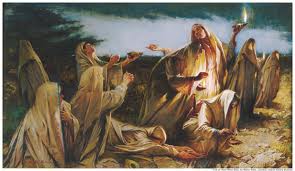 Matthew 25:4 But the wise took oil in their vessels with their lamps.
Matthew 25:4 But the wise took oil in their vessels with their lamps.

